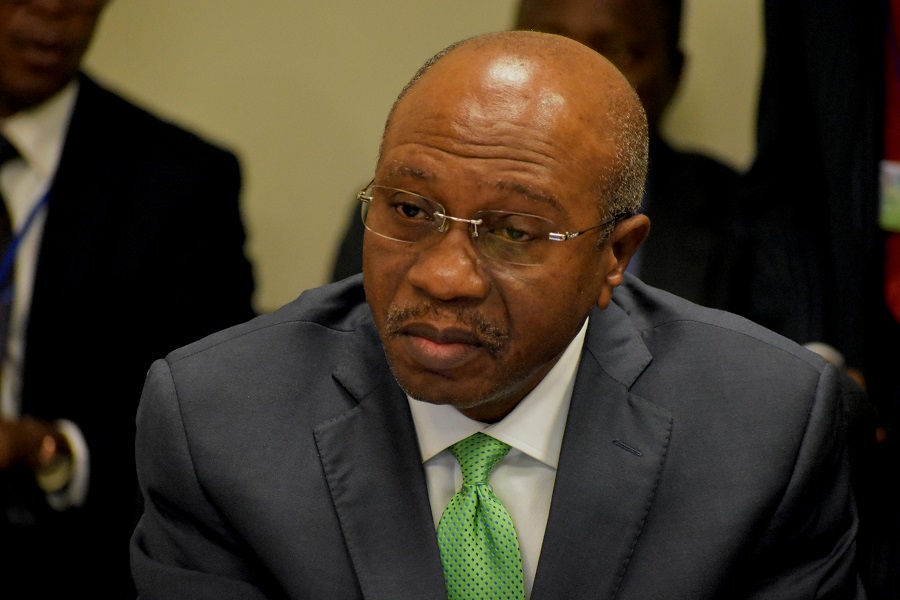The Central Bank of Nigeria (CBN) has rebuffed calls for the resignation of its Governor, Godwin Emefiele, amid naira exchange rate concerns.
Mr Osita Nwanisobi, Director of Corporate Communications, Central Bank of Nigeria, dismissed calls for the Governor of the CBN to resign on Monday evening in Abuja, according to The Nation.
Some parties that may have been dissatisfied with the apex bank’s foreign currency strategy have demanded for Emefiele’s resignation. The CBN’s spokesman, on the other hand, has rejected it, insisting that the calls were based on selfish agenda fueled by greed.
What the CBN is saying
Nwanisobi stated that “those behind such calls were only pursuing their selfish agenda fueled by those who had long benefitted from rent-seeking practices in the parallel forex market.”
Nwanisobi, like the Governor of the CBN, refused to acknowledge the parallel FX market as a significant part of the currency market. According to him, “The CBN would not be distracted in its mandate by yielding to the selfish tendencies of a few to the detriment of the majority.”
He, therefore, urged the banking public to disregard claims aimed at impugning the reputation of the CBN.
He insisted that the CBN was committed to carrying out its mandate for the good of the Nigerian people. Nwanisobi also assured that “the CBN remains committed to meeting the foreign exchange request of travelers with legitimate needs as they relate to travel allowances, payment of tuition and medical fees among other invisibles.”
He added that “no customer requiring foreign exchange for genuine transactions would be turned back by their banks,” and advised them “to insist on their rights to be attended to as long as they possess all the requisite documents to validate their request.”
The spokesman said, “The CBN would not hesitate to approve foreign exchange for customers with legitimate demands that exceed transaction limit insofar as the application is supported with specified requirements.”
Nwanisobi also clarified thoughts of reversing the policy on ban of dollar sales to BDCs, arguing that “such a practice was not sustainable in the long run, considering that many of the BDCs had since deviated from the purpose for which they were issued licenses in the first instance.”
He insisted that “the rate in the CBN-unrecognized parallel market was not the reference rate of the Naira, so Nigerians should be wary of the activities of speculators who sought to manipulate the market for unpatriotic reasons.”
